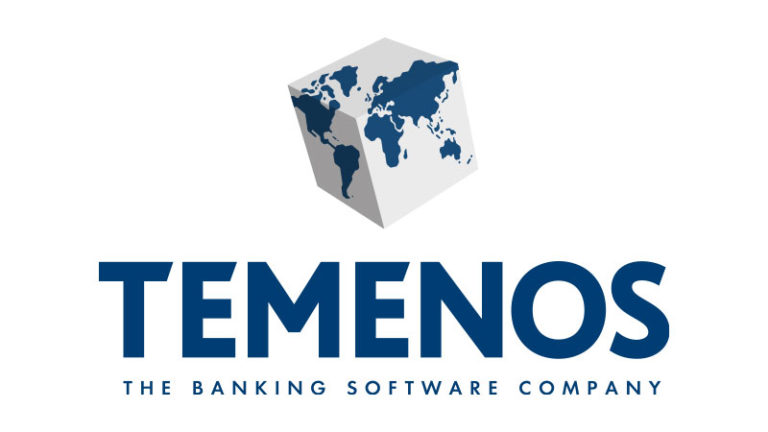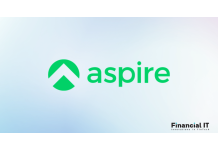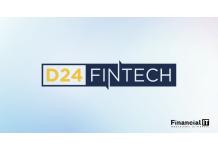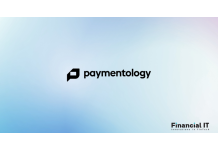Adyen Partners With Travel Ledger to Launch Integrated...
- 19.11.2025 12:20 pm
Alkami and Spiral Partner to Power Personalized...
- 19.11.2025 08:05 am
Aspire Launches Premium Plan to Power the Next...
- 18.11.2025 01:35 pm
Traditional Bank Chooses Jack Henry for Modern, Open...
- 18.11.2025 10:45 am
Trial of Swiss Deposit Token Shows Banks Can Adopt...
- 18.11.2025 08:45 am
LemFi Launches Instant Access Savings Accounts to Help...
- 17.11.2025 02:05 pm
Tietoevry Banking Publishes Insight Report on Card...
- 17.11.2025 09:35 am
Ebury Launches a New Mobile App to Help Clients Manage...
- 13.11.2025 10:45 am
Banks and Insurers Deploy AI Agents to Fight Fraud and...
- 12.11.2025 11:15 am
Creditinfo and NOTO Partner to Expand Market Access to...
- 12.11.2025 11:15 am
UniCredit Named Best Bank in Trade Finance for...
- 12.11.2025 08:55 am
Constantinople Chooses Paymentology to Power Its...
- 12.11.2025 08:45 am






















